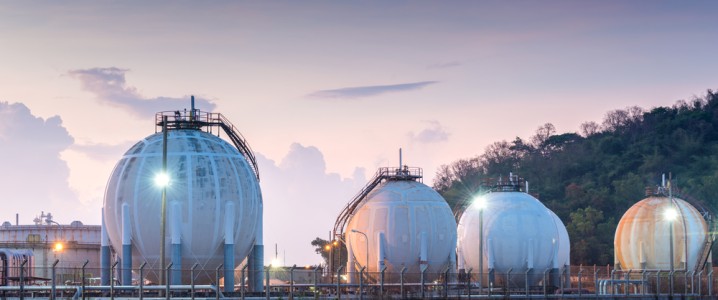As supermajors advance LNG export projects in Mozambique, the southeast African country has granted a 30-year concession to its biggest state firms to build and operate infrastructure for receipt, regasification, storage, and transport of natural gas.
Mozambique on Monday announced that its government approved a decree to grant the concession for the construction and operation of natural gas infrastructure at the Port of Beira and at the smaller site of Inhassoro.
The concession will be managed by a special purpose entity that includes state oil firm ENH, Mozambique’s Ports and Railways CFM, Mozambique’s Electricity firm EDM, Cahora Bassa Hydroelectric (HCB). These, plus partners with technical and financial capacity to be selected by the government, will have the exclusive right to finance, build, import, and operate a floating LNG terminal at Port of Beira and the Mozambique-South Africa pipeline.
The floating storage and regasification unit (FSRU) anchored in Beira and Inhambane “is intended to ensure that the country has the necessary infrastructure for the transport of LNG from the different projects being implemented in the Rovuma Basin, as well as to ensure the sustainability of industrialisation of the country through the share of gas devoted to the domestic market,” Mozambique said.
ExxonMobil and TotalEnergies are leading two separate multi-billion LNG projects in the Rovuma basin.
Both supermajors have recently lifted years-long force majeure at the Rovuma LNG and Mozambique LNG projects, respectively.
Commenting on the 30-year concession for gas infrastructure, Mateus Mosse, head of corporate affairs for Mozambique at Sasol, said on Monday “This is a rare institutional alignment: energy, transport, logistics, and infrastructure working together towards a common national objective.”
Sasol is a shareholder with 20% in ROMPCO, the public–private partnership managing the 865-km (537-mile) Mozambique–South Africa Pipeline project. The other shareholders are the Government of Mozambique and the Government of South Africa with 40% each.
By Tsvetana Paraskova for Oilprice.com
More Top Reads From Oilprice.com

